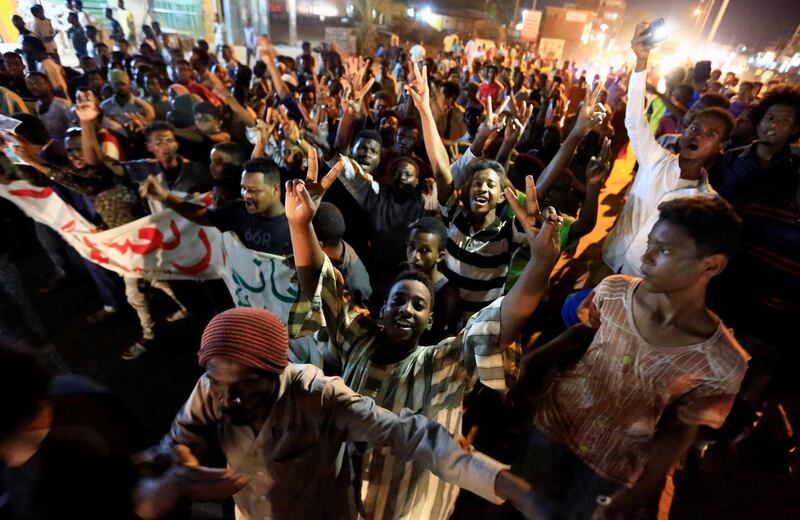The signing of a power-sharing agreement between Sudan's military rulers and protest leaders, three months after the fall of the nation's president Omar Al Bashir, is long overdue. In the words of Sudan's de facto military leader, Mohamed Hamdan Dagalo, this is a "historic moment" for the beleaguered nation – and its popular quest for democracy. It provides a chance to conclude a political crisis that has kept protesters on the streets for months. In June, paramilitaries broke up a sit-in in Khartoum, killing 100 protesters and assaulting many more. With their lives on the line, the people of Sudan might justifiably have chosen safety over change. It is their immense courage that has brought us to this point.
There is much to applaud in this agreement, which will establish a new transitional civilian-military ruling body, comprising six civilians – five of them protest leaders – and five military rulers. Below it, a transitional civilian administration will also be created. While a general will lead the ruling body for the first 21 months, the reins will then be handed to a civilian, who will govern until nationwide elections happen, in three years.
Having been brokered by mediators from the African Union and Ethiopia, the deal fulfils the old adage: "African solutions to African problems." Crucially, according to opposition activists, the agreement includes a provision for an independent and impartial investigation into June's sit-in attack, which might go some way towards mollifying protesters demanding justice. As Harriet Baldwin, UK minister for Africa, said: "Today's agreement is a step towards the change so bravely demanded by the Sudanese people."
Still, reaction in Khartoum has been muted, with protesters still sceptical about the how the transition will unfold. On Tuesday, reports emerged that security forces killed three civilians in the small city of Omdurman, when they opened fire on protesters. With trust in short supply, the transition to a fully functioning civilian government remains uncertain. The African Union and wider international community should keep a close eye on Khartoum, to ensure the ruling body does not unravel.
Assuming it remains united, the council will have its work cut out to rebuild the fractured nation. Modern Sudan does not need just stability, but economic growth. With its oil revenues hit hard by the secession of South Sudan in 2011, the Sudanese economy crumbled in the hands of Al Bashir, whose 30-year rule was both corrupt and repressive. It is worth remembering that December’s protests began over a hike in bread and fuel prices. Much like the transition to democracy, reawakening the Sudanese economy will require a period of national unity and peace.
It now falls to Sudan’s transitional ruling body to chart a new course for this strategically important, if troubled, nation.





